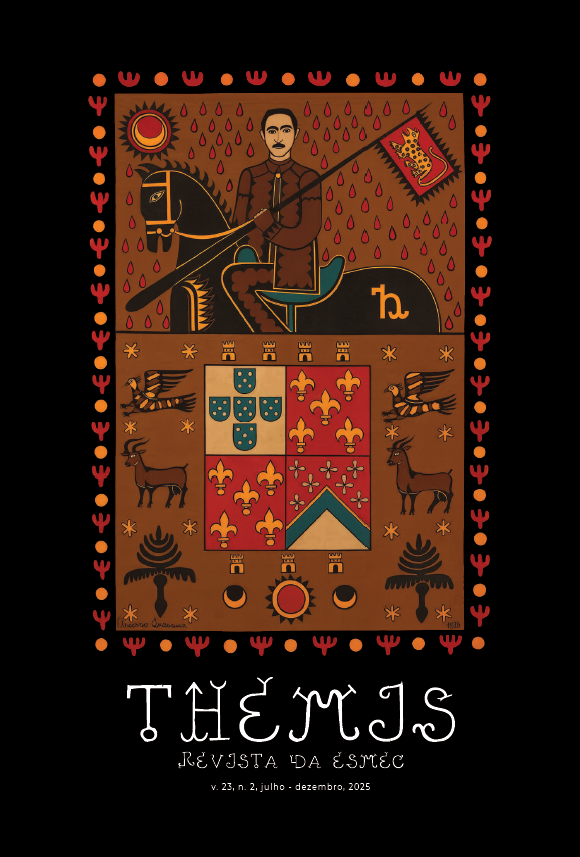ACESSO À JUSTIÇA E O MÍNIMO EXISTENCIAL: ANÁLISE SOB A PERSPECTIVA DA VULNERABILIDADE CIBERNÉTICA
ACCESS TO JUSTICE AND THE EXISTENTIALMINIMUM: ANALYSIS FROM THE PERSPECTIVEOF CYBER VULNERABILITY
DOI:
https://doi.org/10.56256/gz9c3606Abstract
This article seeks to analyze whether technology and its innovations have contributed to ensuring equal access to Brazilian justice. The relevance of this study is justified by the increasing digitalization of judicial processes and the direct impact of digital inclusion on the realization of the fundamental right of access to justice. The general objective is to analyze how cyber vulnerability affects the fundamental right of access to justice. The specific objectives are to examine the concept of fundamental and existential minimum rights, highlighting their importance for the dignity of the human person; identify the fundamental right of access to justice, verifying the procedural and structural barriers that affect the realization of this right; assess the impact of cyber vulnerability on accessibility to justice, focusing on the challenges faced and possible solutions to minimize these obstacles. The deductive method will be used, with bibliographic and documentary research, including the study of literature and legislation applied to the topic. As a result of the research, it was found that although technology promotes speedy access to justice, it can also make it difficult to guarantee rights for individuals in situations of cyber vulnerability. Therefore, digital inclusion is essential to ensure democratic and effective access to justice in Brazil.
Downloads
Published
Issue
Section
License
Copyright (c) 2025 Larissa Aline Maahs, Doutor Feliciano Alcides Dias

This work is licensed under a Creative Commons Attribution-NonCommercial 4.0 International License.
- Todos os artigos são publicados sob a licença Creative Commons - Atribuição Não Comercial (CC BY-NC), permitindo que terceiros copiem, distribuam e adaptem o conteúdo, desde que seja dada a devida atribuição ao autor e à revista.
- No caso da licença CC BY-NC, o uso comercial dos artigos não é permitido.













